Most people with food allergies have a pretty good idea of how to manage their problem. They are in a way already experts in preparedness because they must always be prepared for the worst case scenario. Injectable epinephrine, antihistamines and a personal stockpile of allergy-free snacks probably goes with you everywhere.
You probably think you’re ready for everything.
While many families who deal with this problem are great at managing their daily life, what happens when a natural disaster or large-scale crisis hits?
With little to no warning,
- You may have to evacuate.
- Grocery stores and pharmacies may be closed or quickly picked over.
- Hospitals could become overwhelmed.
Any of these events could leave you without critical supplies for your food allergic family members, such as medicines and safe allergen-free food.
Always have Epi-Pens on hand.
For most people with food allergies, this is probably something you are pretty used to doing. The only way to treat anaphylaxis is with epinephrine, so you need to make sure it’s always available, and you stay well ahead of the expiration dates, so you know it will work when you need it. I also advise having a backup supply in your bugout bags, along with some allergy-free foods and antihistamines.

Talk to your doctor about emergency preparedness.
Find out what plans your doctor has in place to deal with medical emergencies during a disaster. Discuss contingency plans and find out if you can get an extra prescription of epinephrine. During a disaster, medical help may be nonexistent or severely delayed in their response. You need to have enough epinephrine to deal with anaphylaxis, and buy you time until you can get to a hospital for additional treatment.
Never introduce new foods during a disaster.
During a natural disaster or crisis, where medical help may be hard to come by, you need to be especially careful about what you’re eating.
A natural disaster is NOT the time to try new foods or foods that you don’t eat on a regular basis. When it comes to storing Emergency preparedness foods, I always tell people to make sure they only stock up on foods they already eat; this is especially important for those with food allergies.
Having long-term emergency food is essential for those with food allergies
Disasters can create a challenge for those who have food allergies, or for parents trying to feed a food-allergic child. Food provided by emergency shelters, the government, or Red Cross teams may not be safe. Even if the ingredients seem safe, there could be the danger of cross contamination or foods that aren’t labeled correctly.
During most disasters, grocery stores will quickly run out of supplies. For those with food allergies, this means picking from a very limited selection of food that you can actually eat. That’s why it’s so important for you to stockpile at least two weeks’ worth of allergy-free emergency food.
The last thing you want is to rely on some government agency or Red Cross to provide you with emergency food that you may not be able to eat.
Keep a detailed allergy plan inside your Bugout Bag, and with the person who has the food allergy.
If you have a child with a food allergy, you need to fill out a Food Allergy & Anaphylaxis Emergency care plan. This sheet should be in all your bugout bags, and if possible with your child at all times during a disaster. Food Allergy Research & Education (FARE) has a copy that you can download here.

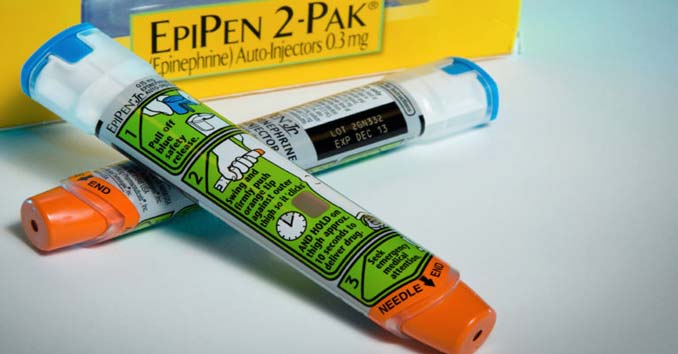

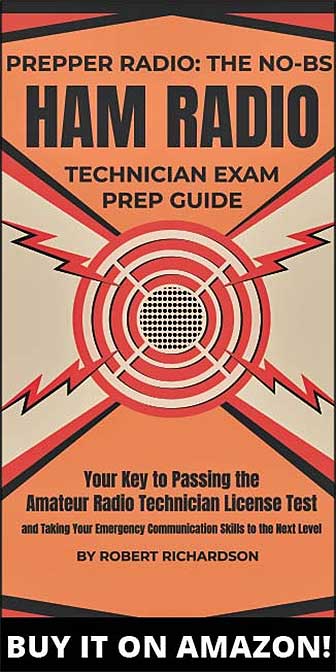
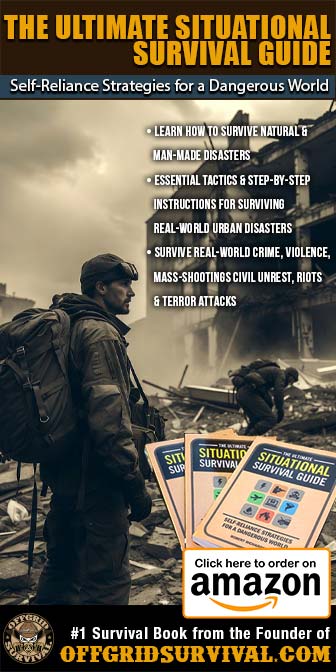

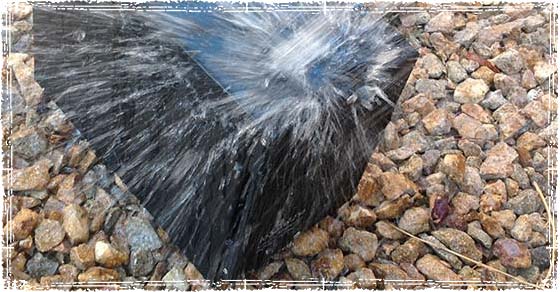
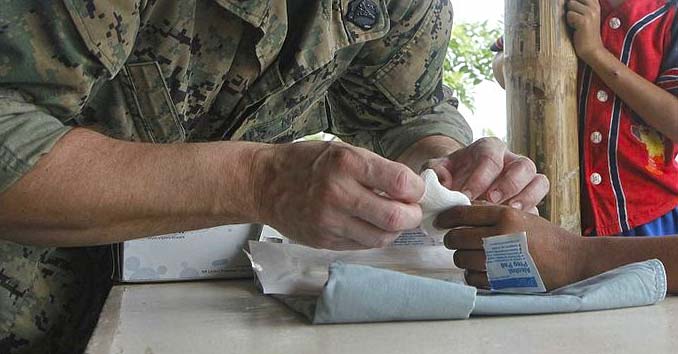
May I just say what a relief to discover someone that truly knows what they’re talking about online. Thanks for the info!
Thanks for the post and resources. I have noticed that dehydrated and freeze dried allergy free foods are non-existent and that we have to plan ahead for our long list of allergies. The bug-out bag is a bit heavier for allergies. Nice article – thanks.
I have been purchasing emergency food and have realized that the majority is process ed in a facility that handles tree nuts. HELP!!! For one person in my family this would be deadly!!!!! Is there a company that sells Alllergyy free emergency food?
I’m also searching for MREs that do not use legumes for protein and have yet to find any. Does anyone know of, or have themselves, suggestions/recipes for emergency food for allergies? I’m juggling with the idea of dehydrating my own food and can’t seem to find much on it.
I am seeking similar myself. Something with no nuts nor cross contamination. (peanut/tree nut are deadly for my small child)